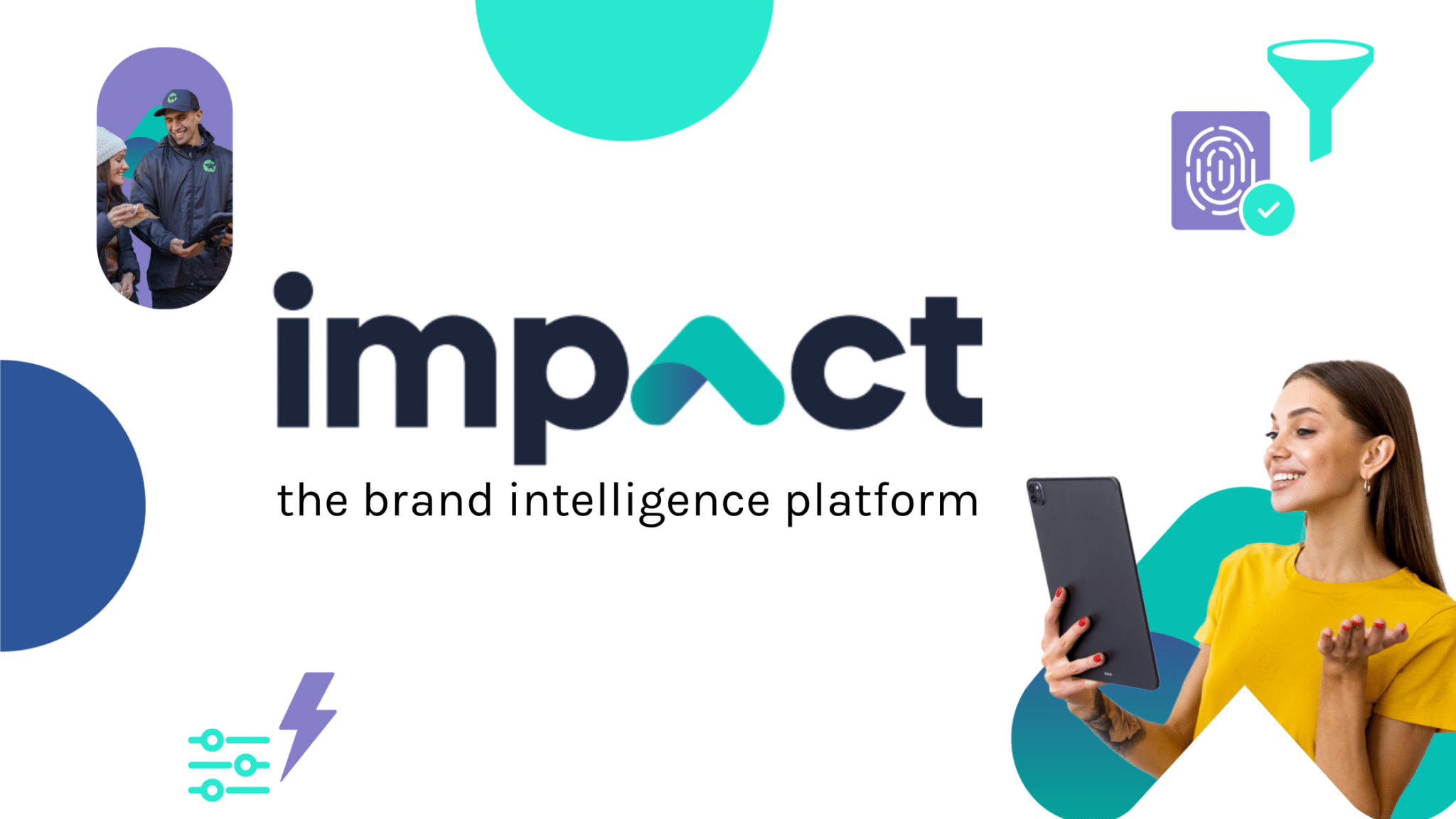This guest blog is by Abigail Harris, Global Director of Impact at Elevate Global. With 15 years of experience in marketing across technology, fashion, retail, and experiential sectors, Abigail has managed 400+ campaigns and budgets exceeding £25 million, collaborating with brands such as Meta, Richemont, and London Fashion Week.
As the Global Director of Impact at Elevate Global, I lead our proprietary brand intelligence platform, Impact. This innovative tool enables us to measure event performance in real-time and provide brands with actionable insights as events unfold.
At Elevate Global, we think that data insights are a superpower and the need for event tech is on the rise. Research shows that 73% of event organisers rely on between one and five event tech solutions (Forrester, 2024). Further findings show that 45% of organisations are spending between $10,000 – $50,000 and $50,000 – $250,000 on event tech annually. When given the appropriate time and consideration, the outcome of investing in this area can be game-changing; clear data evidence to justify your approach, expedite decision making, prove ROI and ultimately provide a case for further event investment. In this blog, I’ll advise you on how to optimise event data from your event and choose the right metrics to track for your brand.
What Key Performance Indicators (KPIs) Should You Measure?
To start, let’s revisit some key definitions…
- A KPI is a measurable target that helps businesses understand how well they are performing towards their goals. They are tied to a specific metric or multiple metrics used for strategic decision making.
- Metrics are numbers, data points or statistics that measure a KPI. They tend to be operational or tactical. They can be both qualitative (e.g. words to highlight consumer sentiment) and quantitative (e.g. number of minutes someone engaged at an activation).
We often work with agencies and brands who don’t know where to start when it comes to KPIs. Even some of the biggest budget programmes still have a lack of understanding when it comes to measuring performance. Often, success and measurement seem like an afterthought. Historically, there’s been a perception that event success is somewhat immeasurable; but that perception is rapidly changing. Currently, 78% of event organisers using event tech (Salvatori, 2024) such as mobile event apps, report a positive contribution to event ROI. This shows that brand decision makers expect robust reporting metrics from the events sector, and if we don’t evolve, we could lose the battle for marketing spend.
The Most Valued KPIs
Since Impact launched in 2022, our data has highlighted the six KPIs that event marketers and brand decision-makers value most. These include:
- Event ROI – overall return of investment of event (profit made)
Net Promoter Score – how likely customers are to recommend a company, product, or service to others - Total Purchase Value – the number of brand purchases and associated retail value
- Future Purchase Intent – a rating between 1-5 to show how likely a consumer will purchase the product next time.
- Brand Preference Score – a metric that measures how much a consumer prefers a brand over its competitors
- And Brand Recall score – consumer awareness of the brand pre-event attendance.
How Do We Make Our Measurables Specific To Our Campaign?
Now we know what KPIs are valued most, but how do we make your measurables specific to your campaign? It all starts with your measurement framework. Your measurement framework should be a core pillar of the planning process including the following:
- Firstly your business objective, the strategy to reach that goal and
- The key performance indicators (KPIs) and the tactical metrics that feed into it.
This measurement framework builds a cohesive picture of success as it considers granular detail to ensure the big picture objective is attainable and measurable.

Case Study Examples
Moreover, this framework can vary quite drastically according to what type of event you’re holding and your overarching business objective. For example, here are 3 brands, type of events and their potential measurement framework:

Other Key Considerations
When building a measurement framework out, you should also ask yourself –
- Can this data help to prove the value of human, face to face, interactions for the business? This is super important as it will ensure the client or decision maker understands the value of events over another marketing channel. (Engagement, trails, demos are great examples of these metrics.)
- Can the KPIs of the event be benchmarked against other marketing activities? ROI and NPS are good examples here.
- Does the framework mix quantitative and qualitative metrics to build a rich picture of success?
- Does it bring together data from multiple sources to get a complete picture? Diversity of data leads to stronger conclusions.
A strong measurement framework ensures clear, actionable metrics aligned with strategy, highlighting the unique impact of face-to-face interactions. This approach solidifies events as a vital component of successful marketing.
Are you interested in transforming your event strategy with data-driven insights? Request a demo of Elevate Impact today.





